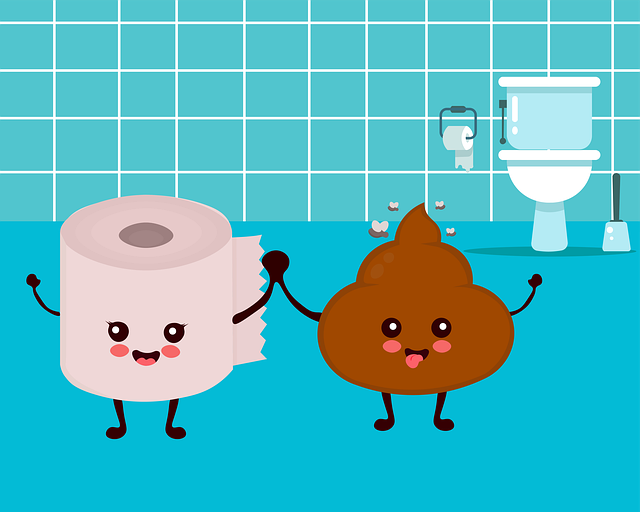The science of floating and sinking poop
- Paradoxical Quotes Publisher
- Nov 28, 2022
- 2 min read

In BulletsWe may find oddity in the question of whether our poop float or sinks, but the science of floating poop is quite interesting. Earlier experts thought that the concentration of fat in feces determined whether it floated or sank. In a recent study, researchers revealed the cause of why some feces floats. Trials on healthy human volunteers found that the volume of gas in a particular fecal sample decides whether feces float or sink. To identify differences in digestion and general health caused by various bacteria, researchers in this new study studied the microbiomes of lab mice and even sterilized the guts of some of them. They discovered that the fecal samples of the sterilized mice produced floating feces. That implied a connection between the composition of the gut microbiome and floating feces.
More information: Aalam et al. (2022). Genesis of fecal floatation is causally linked to gut microbial colonization in mice. Scientific Reports. DOI:10.1038/s41598-022-22626-x
Journal information: Scientific Reports
The International System of Units (SI), the international standard for the metric system, has added new prefixes for the first time after about three decades. Ronna and quetta for the greatest numbers—and ronto and quecto for the smallest—join the ranks of well-known prefixes like kilo and milli. At the 27th General Conference on Weights and Measures, which governs the SI and meets usually every four years at Versailles Palace, west of Paris, scientists and government representatives from all around the world cast ballots in favor of the adjustment.
Website information: MedicalXpress
Parasite-infected wolves typically infect cats and are more likely to become pack leaders. In a 27-year data, researchers found that Toxoplasma gondii-infected wolves in Yellowstone National Park were 46 times more likely to become pack leaders than uninfected wolves.
More information: Meyer et al. (2022). Parasitic infection increases risk-taking in a social, intermediate host carnivore. Communications Biology. DOI:10.1038/s42003-022-04122-0
Journal information: Communications Biology
Comments